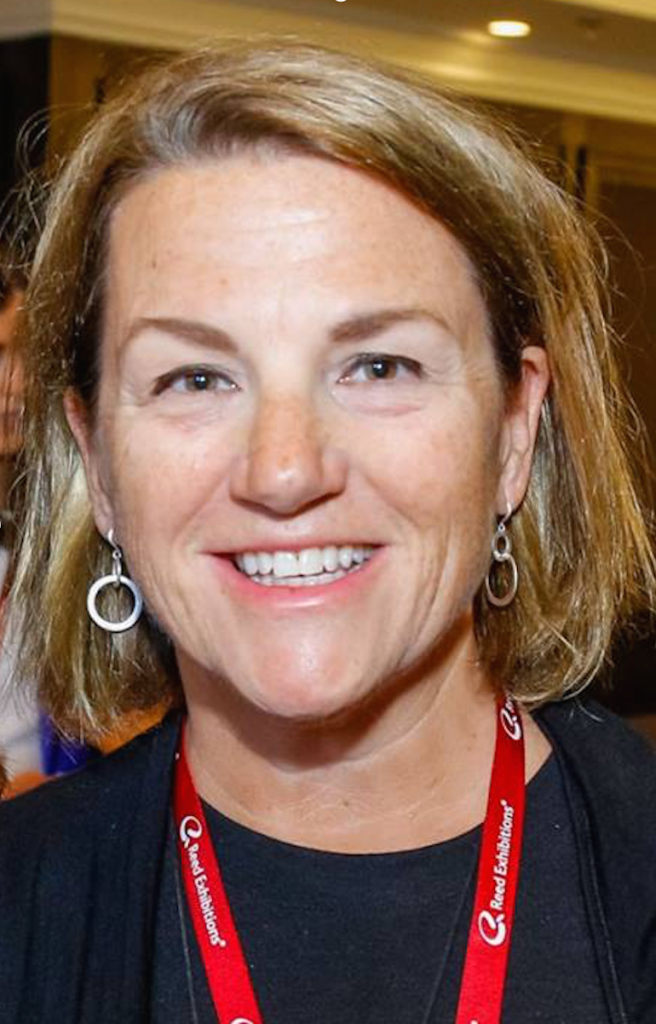There have been huge strides taken over the last few years to ensure palliative care’s voice is heard loud and clear, regionally and worldwide. Julie Ling, Worldwide Hospice Palliative Care Alliance (WHPCA) and Katherine Pettus, The International Association for Hospice and Palliative Care (IAHPC) tell us more, but also why we must not be complacent…


Every September the World Health Organization (WHO), including the European region, convene their member states, Secretariats, and accredited civil society organisations to discuss public health issues relevant to their regions, as well as global health issues raised at the annual World Health Assembly. The World Health Assembly consists of delegates from the 194 member states and is how the WHO is governed. The IAHPC and WHPCA known as ‘non-state actors in official relations’ with WHO are invited to attend, observe, participate, and deliver statements on relevant agenda items. Our reports on previous European regional meetings, and an example of a recorded statement from IAHPC, can be found at the end of this article.
Julie and Katherine, along with other members of our associations, attend these meetings whenever possible – posting statements on the official WHO website, taking the floor at the invitation of the chair, asking questions at side events and technical briefings, and drafting joint statements with other NGOs (non-government organisations).
Unfortunately, on this occasion, we are unable to attend the 72nd meeting, which is on 12th-14th September 2022 in Tel Aviv, Israel. If you would like to find out more about being registered as an IAHPC or WHPCA delegate, and you can attend at your own expense, please contact us.
The presence of palliative care practitioners and advocates at WHO meetings gives our discipline visibility and airtime. Our pre-drafted statements ensure that palliative care is included in the official meeting report, from which it would otherwise be absent. When we take the floor to comment on specific agenda items, we remind member state delegations, Secretariat staff, and other NGOs that WHO now considers palliative care a global good, an essential service of primary health care and an essential component of Universal Health Coverage.
The good news is that relentless advocacy has ensured that palliative care now has a place in the official global health narrative, but this requires ongoing effort to ensure that it remains on the agenda. Palliative care advocacy at the WHO Europe meetings provides the opportunity to ensure that, along with the traditional health promotion, prevention, diagnosis, treatment, and (sometimes) rehabilitation, palliative care will also be heard. Without this essential voice from member states and NGOs, palliative care can be relegated to the policy and budgetary shadows.
Agenda items relevant to palliative care at the Tel-Aviv meeting include a technical briefing on ‘Health Systems in Action’; member state discussions on the WHO European Framework for Action to achieve the highest attainable standard of health for persons with disabilities; strengthening health emergency preparedness, response and resilience; learning the lessons and building back better from COVID-19; the roadmap to accelerate the elimination of cervical cancer as a public health problem in the WHO European Region; a technical briefing on the Decade of Healthy Ageing in Europe, and a side event on the Health Workforce in the European region.
In July 2021, Julie was appointed by WHO Europe as a part time consultant Technical Officer on palliative care. The role aims to contribute to the WHO European programme of work and to strengthen and promote the development of palliative care in the European region. This includes providing support to countries on the development of palliative care and assisting with technical support, such as the development of national policies. This is the first such post in the WHO European region. Julie works closely with her colleagues in the Health Workforce and Service Delivery Unit at the WHO office based in Copenhagen, and those in other divisions, to promote and include palliative care. Currently the focus of the role is on the development of palliative care in Commonwealth of Independent States (CIS) countries.
This important role means there is now a key point of contact in the WHO Europe Secretariat, and this will help to strengthen palliative care in the region in the coming years. We hope that the combination of actions, including palliative care representatives from European member states attending the WHO Regional meeting in person, continue our advocacy efforts to give palliative the visibility it deserves.
Links and resources
- IAHPC Policy and advocacy summary (scroll down for Europe item).
- EAPC blog ‘Palliative care airtime at the WHO Europe meeting in Rome’.
- EAPC blog ‘Advocating for palliative care in Rome’.
- EAPC blog ‘Advocating for palliative care at the 67th Regional Meeting in Budapest’.
- IAHPC statement, video link posted on WHO website.
About the authors
Julie Ling is the chair of the WHPCA, CEO of the EAPC and is also a part time consultant technical specialist for palliative care at the WHO European Regional Office.
Katherine Pettus, Senior Advocacy and Partnerships Director for the International Association for Hospice and Palliative Care (IAHPC).
SAVE THE DATE! EAPC 18th World Congress 15-17th June 2023. Find out more here.

- Submit your abstract now! Closing date 15th October 2022 for abstract submissions. Find out more here or submit your Abstract here.
- FOLLOW @EAPCvzw #EAPC2023.
- Sign up to the EAPC blog to hear more about the Congress.